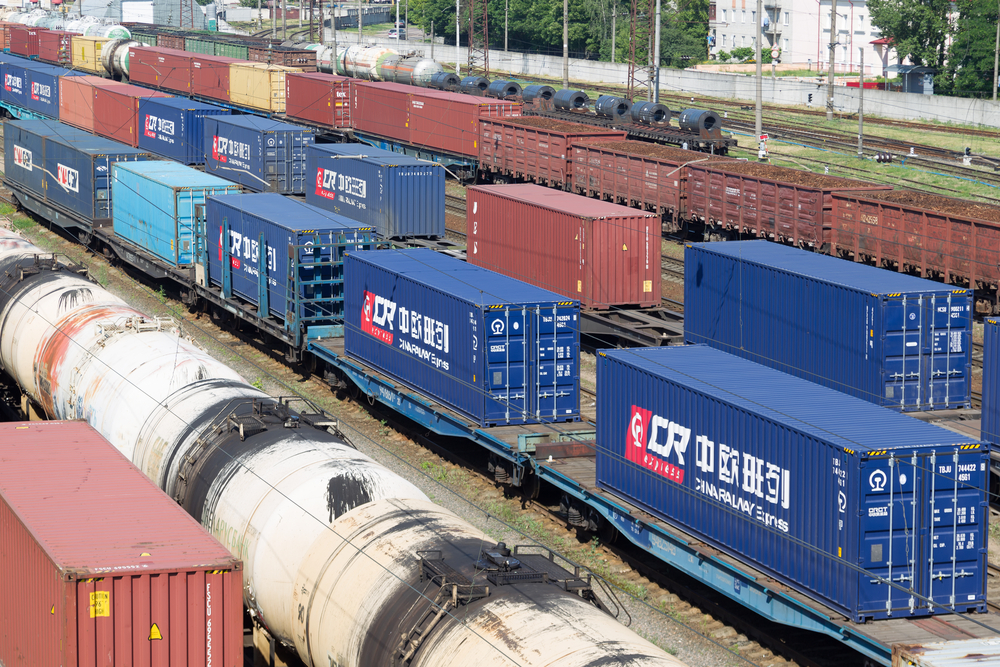
A new bill, known as the Transportation Infrastructure Vehicle Security Act, is demanding cybersecurity at transit agencies and seeking to ban the use of federal transit funds from being used to purchase Chinese rail assets.
The bill was introduced in both House and Senate, with sponsors on both sides of the aisle. Its supporters claim the Chinese government is harming the U.S. economy through predatory practices and state subsidies. As part of this, they believe Chinese state-owned and state-supported entities have set prices well-below competitive market price to wind contracts and attract business in the U.S., something that is beginning to show in rail rolling stock.
“I’m proud to be the lead sponsor of this important piece of legislation with Senator John Cornyn (R-TX),” U.S. Rep. Harley Rouda (D-CA) said. “China’s ‘Made in China 2025’ initiative is an unmistakable effort to harm American manufacturers by subsidizing Chinese rail and bus industries. Chinese companies misrepresent themselves as benevolent actors, but let’s be clear: this is an attack on our economy and national security. I thank my colleagues on both sides of the aisle for coming together to stop the flow of Americans’ taxpayer dollars to Chinese state-owned or state-supported companies.”
The bill would counter this by limiting federal transit dollars from participating in contracts or subcontracts of passenger rail cars or transit buses for Chinese state-owned, controlled or subsidized businesses. U.S. transit agencies would have to begin certifying that funds are not being used in such ways. Additionally, any transit operator for rail transit services would have to create and use plans for identifying and reducing cybersecurity risks, with the requirement that they review best practices and identify hardware or software components of new assets that should be tested by third parties.
“When Chinese companies swoop in to undercut contract bids for American rail projects, their only goal is to decimate our manufacturing sector by dumping cheap parts into our economy, while stealing intelligence and threatening our national security,” U.S. Rep. Rick Crawford (R-AR) said.